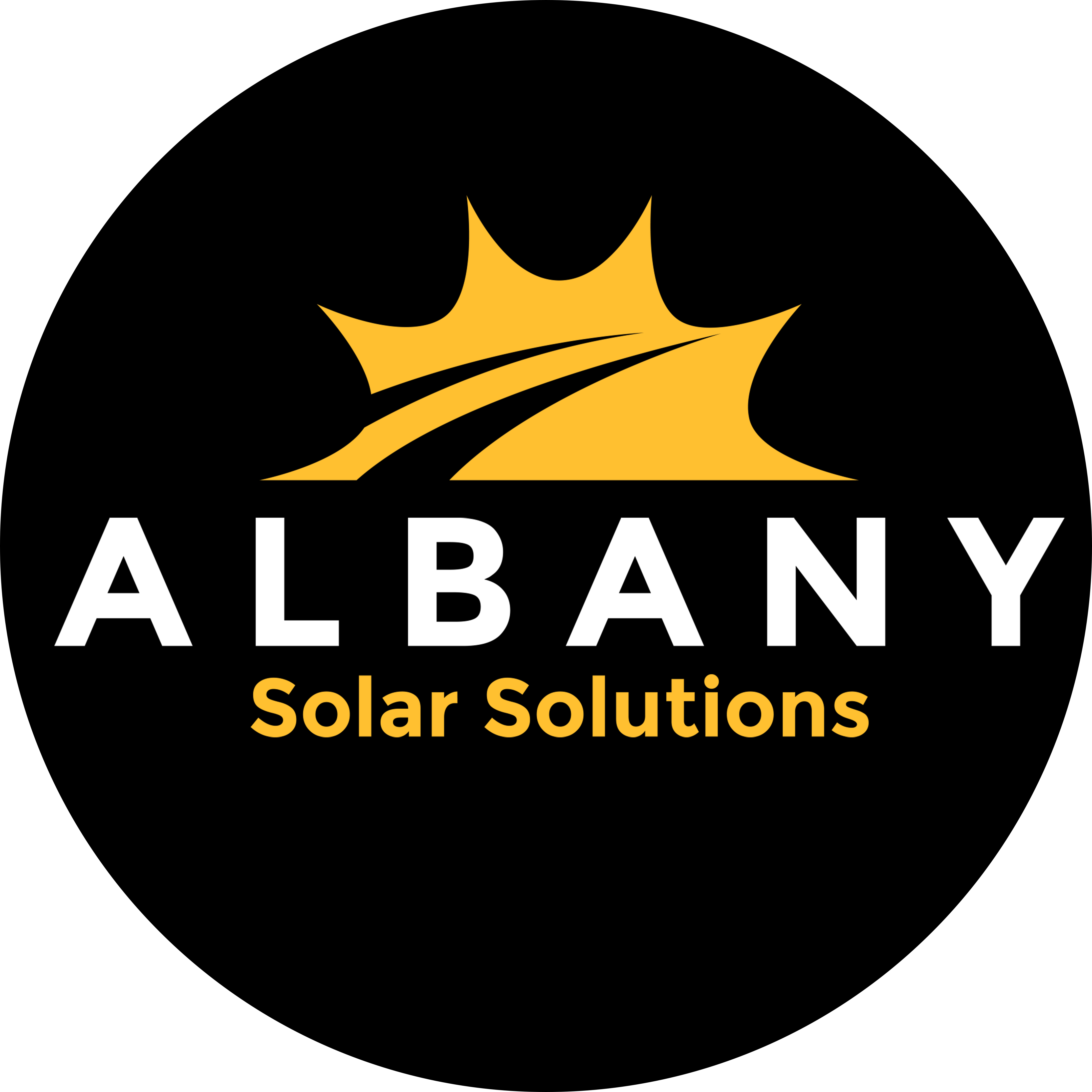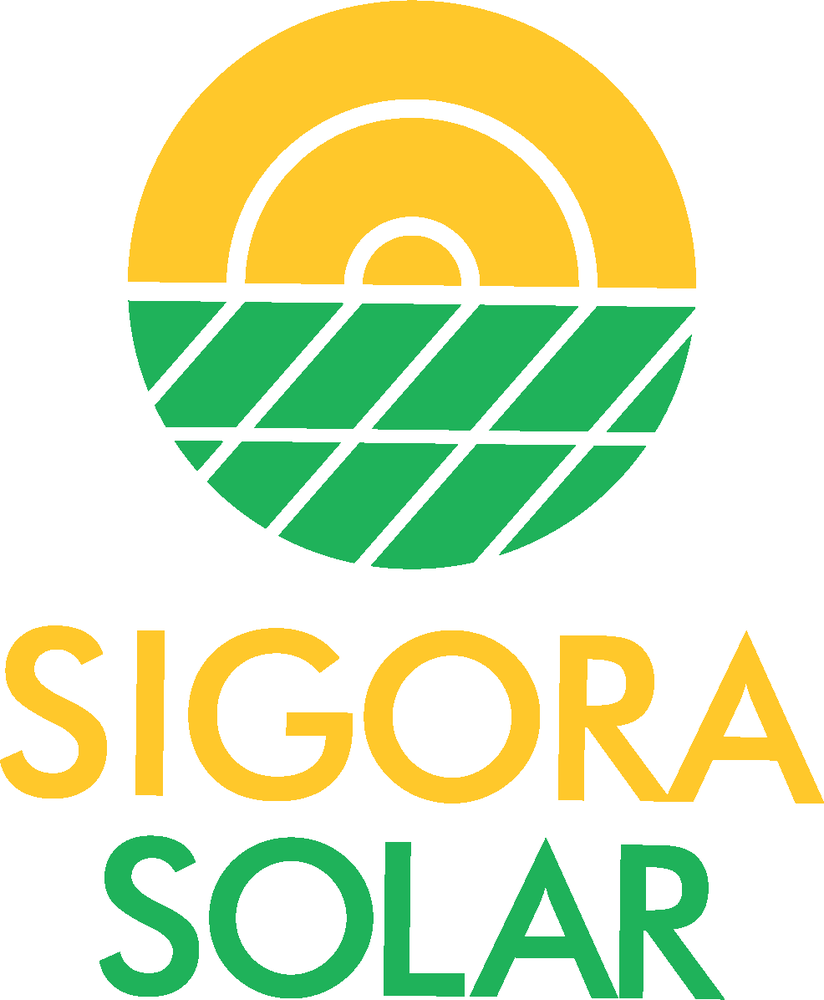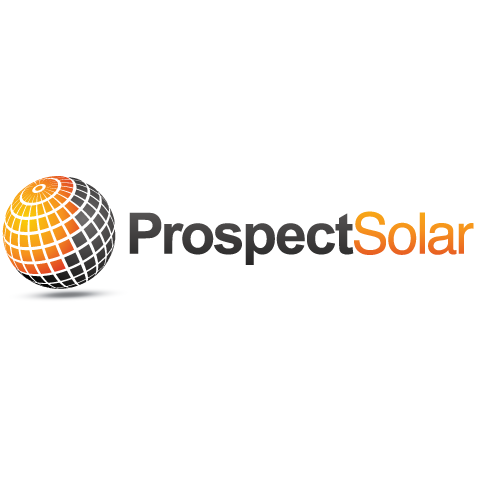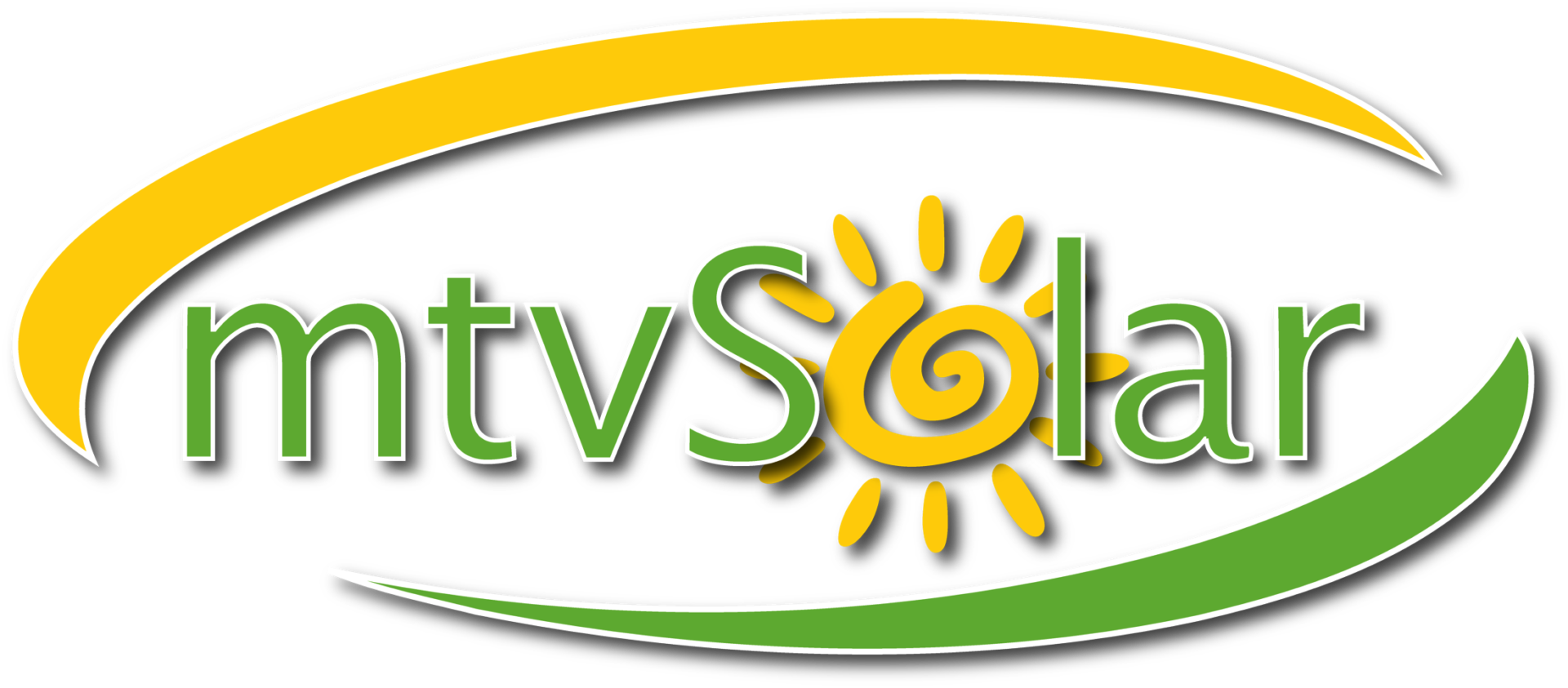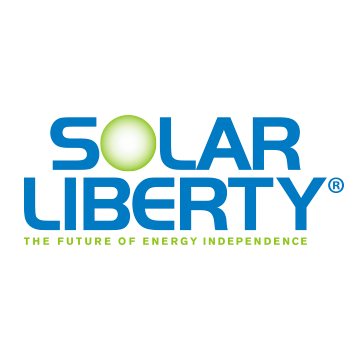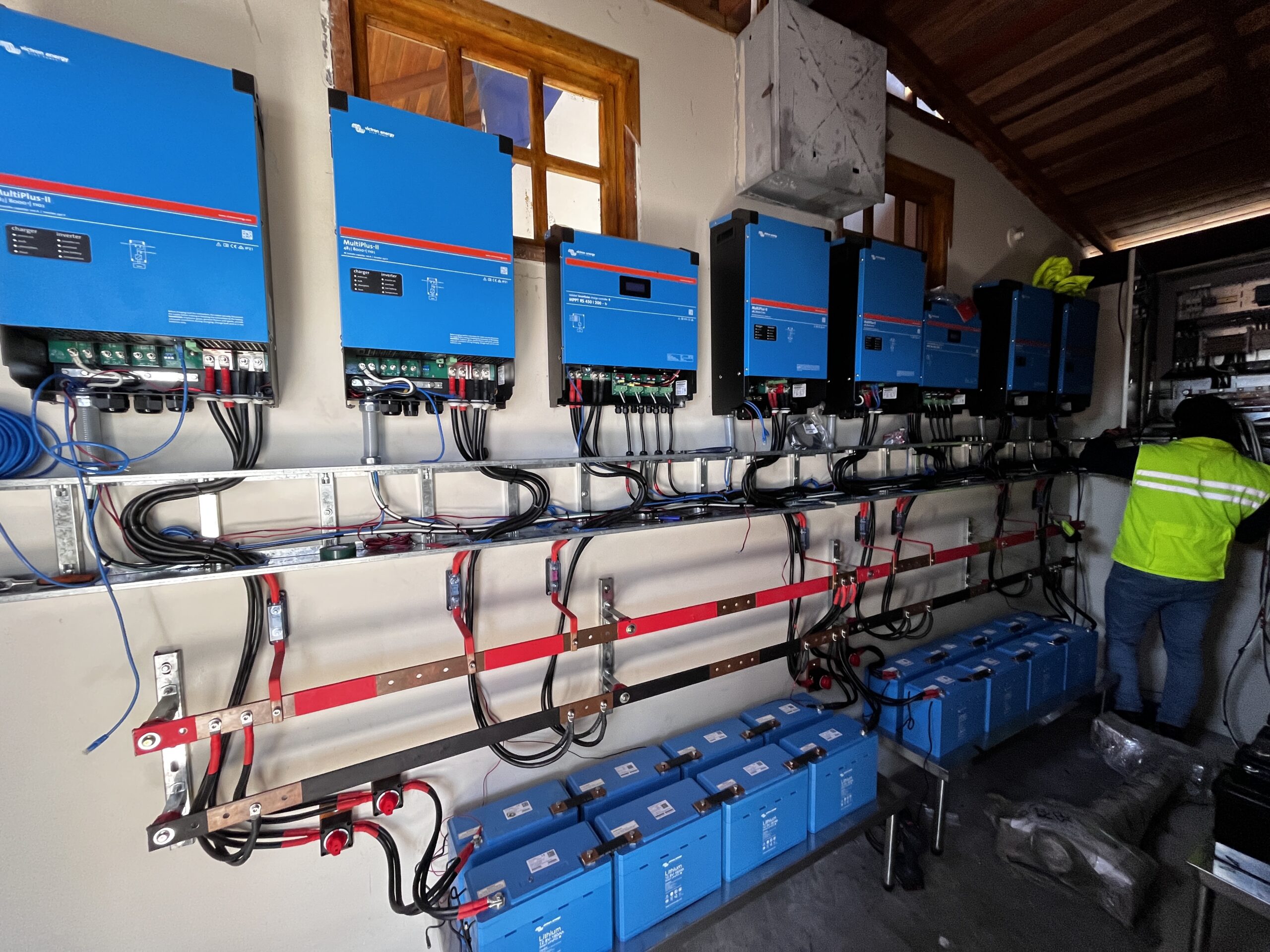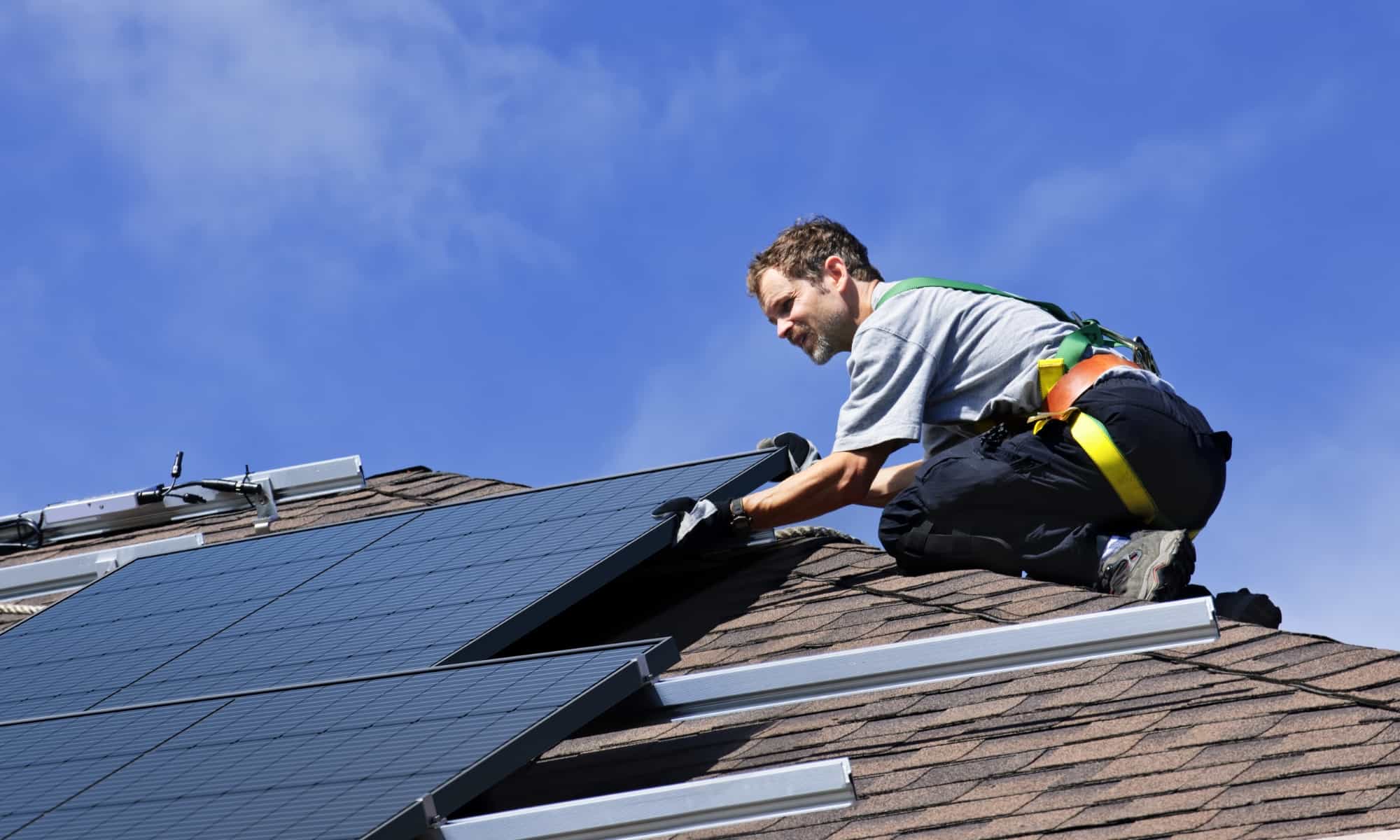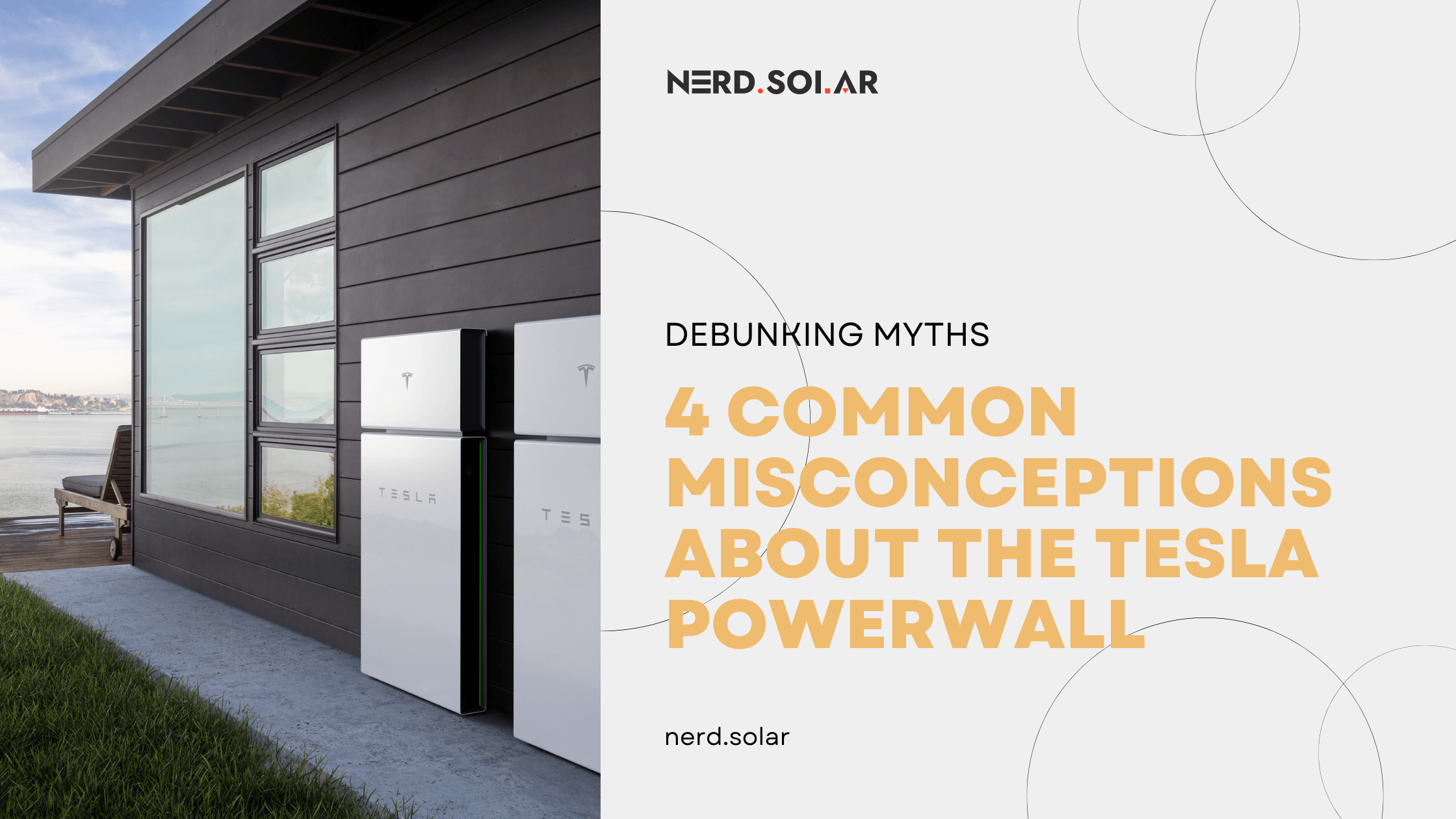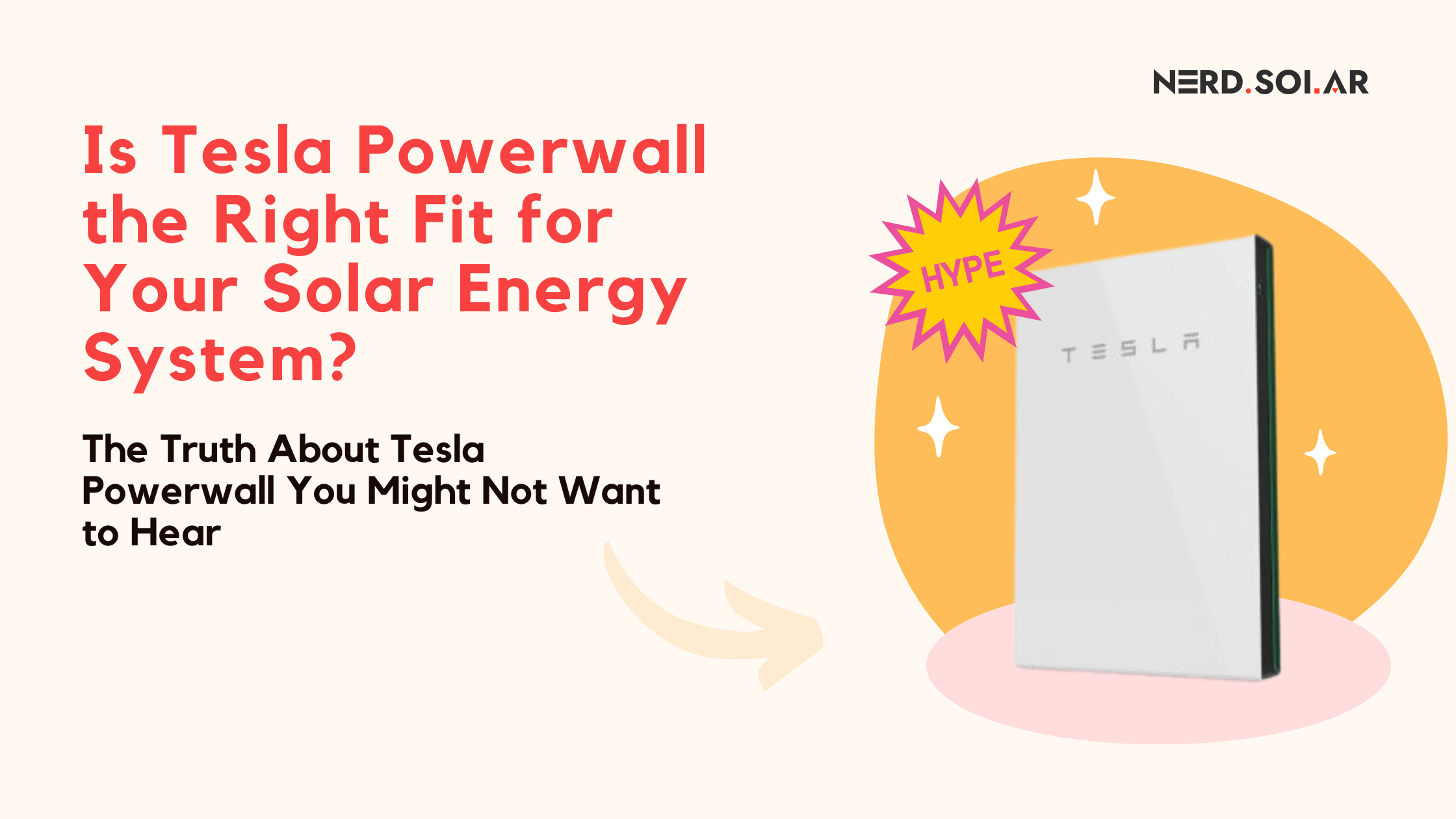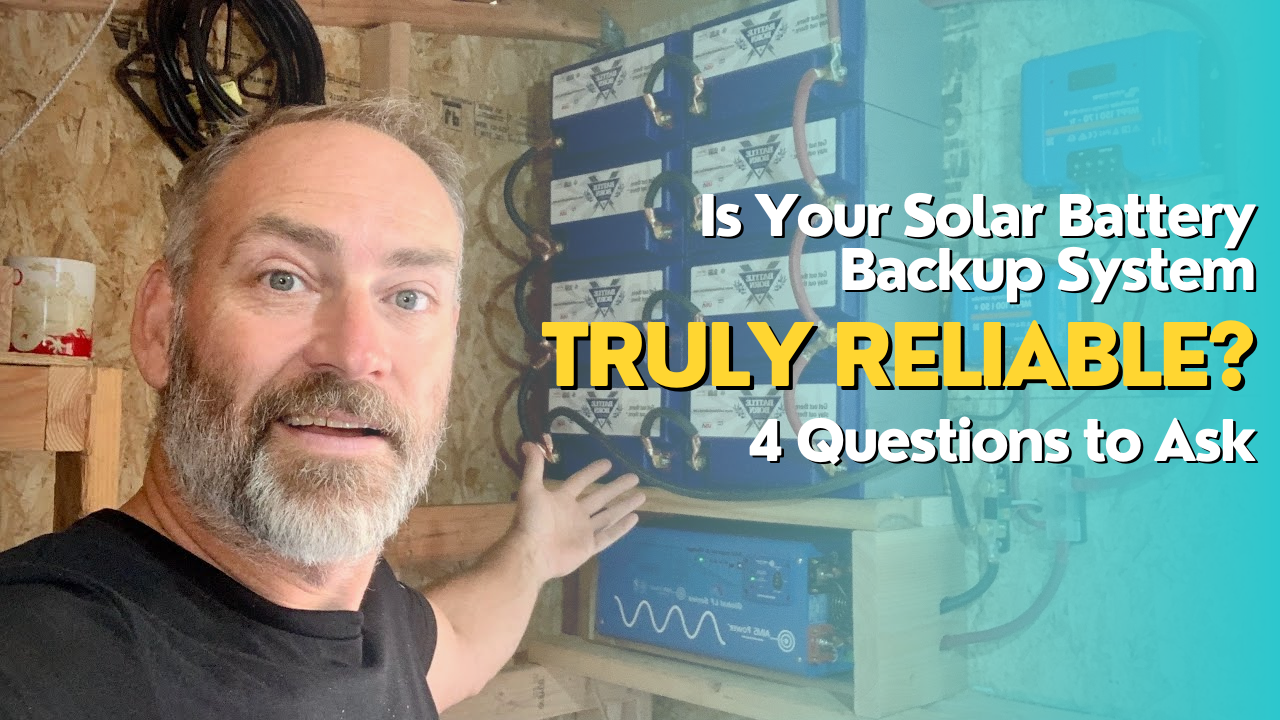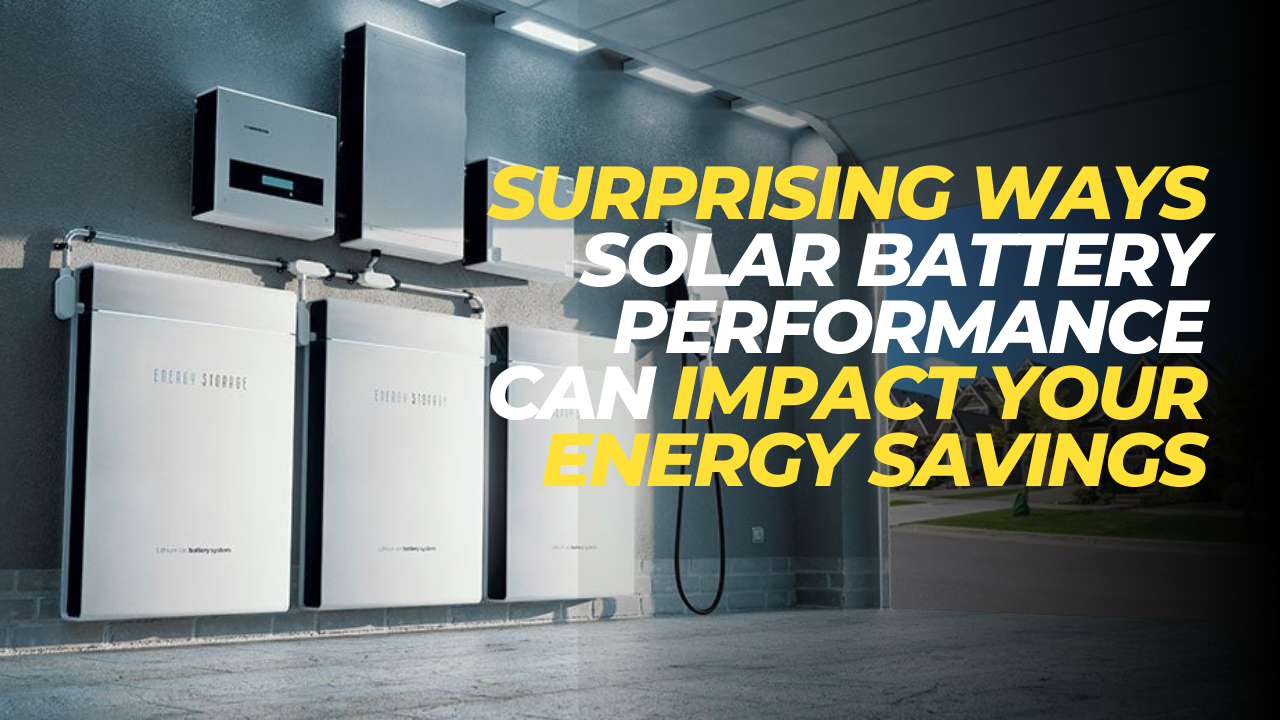How Do We Rate Solar Companies?
TL;DR: We rate solar installers from 1 to 5 stars to help you pick the best one. High stars mean they’re really good at what they do and treat their customers right. Low stars? Not so much. We give credit to companies that have been around for a while, know what they are doing, have a high standard of workmanship and equipment, don’t hire subcontractors to keep the bar of solar installation quality high and have good local reviews from real customers (yes, we check if the reviews are actually real or fake). Companies we choose as top-rated know and can help with federal and local solar incentives to help you save, have good financing plans, and guarantee their work. We’re here to point you to the solar companies that truly rock, making going solar easy and worthwhile for you.
Check our detailed review process here.
Is It Worth Going Solar in Minnesota?
Yes, it is worth considering going solar in Minnesota. Here are some reasons:
- Solar Resources: Minnesota has annual solar resources similar to areas of Florida and Texas. This means that the state gets a good amount of sunlight, which is beneficial for solar energy production.
- Decreasing Costs: Advances in technology and declining equipment costs make solar an attractive clean energy option1. The average cost of a solar panel installation in Minnesota ranges from $14,578 to $19,722.
- Financial Incentives: There are financial assistance options available in the form of tax credits and incentives. These can significantly reduce the upfront cost of installing solar panels.
- Energy Efficiency: Before investing in solar, it’s recommended to make some basic home improvements that will save energy, such as sealing air leaks, adding insulation, and replacing old heating and cooling systems. By making your home energy efficient first, you can reduce your energy consumption, which in turn reduces the size of the solar energy system you need.
- Payback Period: The average solar payback period in Minnesota is 12.65 years. This is the amount of time it takes for you to recover your initial investment through electricity savings.
- Increasing Solar Capacity: Solar capacity in Minnesota has been increasing rapidly. In 2018, Minnesota’s solar capacity increased 47%, or 284 MWAC, for a total of 882 MWAC. It’s projected to exceed 1,000 MWAC in 2019.
*Remember, it’s important to get educated about solar energy and plan your system before making the investment. You should also check for community education opportunities in your area and talk to neighbors and friends who have installed solar. Your solar contractor can help identify incentives and financing options.
How much does solar save homeowners in Minnesota?
Solar savings for homeowners in Minnesota can be significant. Here are some key points:
- Solar Savings: The average homeowner in Minnesota can save about $23,457 over 20 years on electricity costs with a 5 kW solar system1. This estimate is based on real solar quote data and considers the system’s cost, the federal tax credit, and inflation rates.
- Payback Period: The payback period is the amount of time it takes for homeowners who install solar panels to recover their initial investment through electricity savings. In Minnesota, the average solar payback period is around 12 to 14 years.
- Comparison with Traditional Electric Bills: The average US electricity bill in the first half of 2023 was $146.92, based on monthly consumption of 881 kWh and the average utility rate of 16.7 cents per kWh. A 7.5 kWh solar system with 5 peak hours of sun per day could more than offset the average homeowner’s electricity charges and save the full $146.92 in electricity charges.
- Bills After Solar Installation: If your solar energy system is connected to the grid, as most systems are, you will still receive an electric bill each month. The difference will be in the payment you owe. Oftentimes, electric bills after solar installation are zero or credited through net metering, meaning the homeowner sent more electricity to the grid than they consumed.
These are average figures and actual savings can vary depending on factors like the size of the solar system, the amount of sunlight your location receives, and the rate your utility company charges for electricity.
What is the average cost of going solar in Minnesota?
The average cost of going solar in Minnesota can vary depending on the size of the solar system and other factors. Here are some key points:
- Cost per Watt: As of April 2024, the average solar panel system costs $3.13/W including installation in Minnesota. Another source suggests it’s around $3.60 per watt, and yet another suggests it’s $2.74 per watt.
- System Size: The typical solar array size in the state to meet local energy demands is 8 kilowatts (kW). However, not all homes will need an 8-kilowatt system. Larger homes may need larger systems due to the energy needed to heat and cool them.
- Cost of Installation: For a 5 kW installation, this comes out to about $15,635 before incentives, though prices range from $13,290 to $17,980. After the federal tax credit, the average price drops by 30%. For a 6 kW system, the cost is around $18,762 before incentives1.
These costs include the price of the solar panels, inverter, racking system, and installation. It’s important to note that these are average costs and the actual cost can vary depending on various factors such as the specific equipment used, the installation company, and the specific location of the property.
*Also, these costs do not include any state-specific incentives or rebates that might be available in Minnesota, which could further reduce the cost.
Minnesota Solar Incentives
Federal Incentives:
- The federal government offers a solar tax credit, also known as the Investment Tax Credit (ITC), which allows you to deduct a percentage of the cost of installing a solar energy system from your federal taxes. The ITC is currently 30% for systems installed between 2022-2032. It will decrease to 26% for systems installed in 2033 and to 22% for systems installed in 2034. The tax credit expires starting in 2035 unless Congress renews it.
Minnesota State Incentives:
- Sales Tax Exemption: Solar panel installation costs are exempt from sales tax.
- Property Tax Exemption: Increased property value from solar panel installation is exempt from property taxes.
- Minnesota Power Rebate: Minnesota Power customers may earn a $5,000 rebate (or 60% rebate, whichever is lower); lottery system if applications exceed budget.
- Xcel Energy Rewards: Xcel Energy customers may earn $0.02 per kWh for energy production, assuming there is enough budget.
- Net Metering: Residents may be able to sell excess energy back to their utility provider.
- SolarSense Lottery: This program provides a performance-based incentive for residential customers of Minnesota Power.
- Solar for All Program: This program provides funding for various solar projects, including single-family home credit enhancements, manufactured home grants aligned with weatherization, multifamily forgivable lending, community-owned community solar lending, and tribal development funding.
*These incentives make solar energy a more affordable and attractive option for homeowners in Minnesota. However, it’s important to note that most incentive programs are only authorized for a certain period of time or until funding runs out.
Net Metering Policies in Minnesota
Net metering is a policy that allows homeowners with solar panels to get a credit on their electric bill for the energy they produce. Here’s how it works in Minnesota:
- Eligibility: Customers of any public utility, municipal utility, and rural electric coops may net meter. However, the rules of net metering differ depending on your electricity provider. For public utilities, eligible systems are sized 1 MW in capacity or less, and for municipal utilities, eligible systems are sized to 40 kW or less.
- Compensation: If a customer produces more electricity than they use, a utility will compensate or credit the customer for their excess generation1. The compensation rate depends on several factors: The size of the customer’s system, the specific costs and retail rates of their utility (updated annually), and whether the customer is served by a cooperative, municipal, or public utility.
- Billing: Utility customers with net metered systems will be credited for each kilowatt produced by their system and each month will be billed for the number of kilowatt hours they used, minus the number of kilowatt hours generated. If your generation exceeds your usage for a given month, you will receive a credit for each excess kilowatt hour, to be applied in later months when you generate less electricity than you consume.
- Additional Fees: Municipal utilities and electric coops may charge net metered customers additional fees to recover any associated fixed costs.
- Excess Generation: Compensation for excess generation can depend on which type of electricity provider you use and the size of your system. For all systems 40 kW in capacity or below, compensation is at the average annual retail electricity rate. For systems between 40 kW and 1 MW, compensation is at the public utility’s avoided cost rate.
- Banking kWh Credits: Some customers may be eligible to bank kWh credits on their bill to offset future electricity consumption.
- No Statewide Limit: Minnesota is one of only two states (Wisconsin is the other) to pay the retail rate for net excess generation of electricity. There is no statewide limit on the amount of electricity that can qualify for net metering payments.
Remember, these policies can significantly reduce the cost of your electric bill and increase the return on your investment in solar energy. However, the availability and amount of these incentives can vary, so it’s always a good idea to check with a local solar installer or your utility company for the most current information.
Are There Any Community Solar Programs in Minnesota?
Yes, there are several community solar programs available in Minnesota. Here’s an overview:
- Community Solar: Community solar (also called community shared solar or community solar gardens) offers Minnesotans the opportunity to benefit from solar energy without installing a system at their home. As a community solar subscriber, you participate in a solar energy system along with other subscribers. Your share of the electricity generated by the project is credited on your utility bill.
- Solar*Rewards Community: The largest community solar program (Solar*Rewards Community) is administered by Xcel Energy and regulated by the state, but private solar developers—not the utility—actually own the projects and sell the subscriptions.
- Minnesota Power Rebate: Minnesota Power customers may earn a $5,000 rebate (or 60% rebate, whichever is lower); lottery system if applications exceed budget.
- Solar for All Program: This program provides funding for various solar projects, including single-family home credit enhancements, manufactured home grants aligned with weatherization, multifamily forgivable lending, community-owned community solar lending, and tribal development funding.
- Local Community Solar Programs: There are several local community solar programs in Minnesota, such as SunShare and Community Solar.
To take advantage of these programs, you can follow these steps:
- Research: Understand the potential costs, risks, and benefits of community solar. Carefully review the subscription contract before signing it.
- Contact: If you have questions about subscribing to community solar, contact the Commerce Department’s Energy Information Center.
- Subscribe: A subscriber commits to purchasing a portion of the solar energy produced by a shared system1. Payment can be made upfront for your subscription as a one-time fee that covers the life of the agreement (typically, 20-25 years). Some developers also offer a “pay-as-you-go” plan in which you make monthly payments for the energy produced.
- Save: On average, most community solar subscribers in Minnesota receive a 5-10% discount off of traditional electricity costs over the course of a year.



